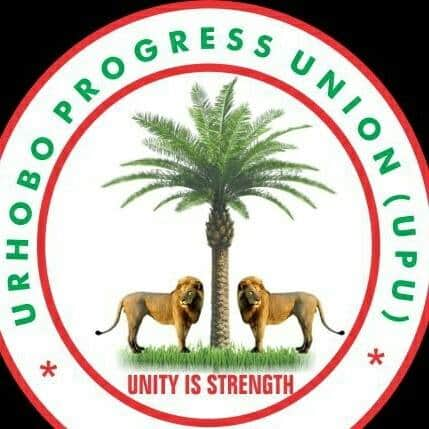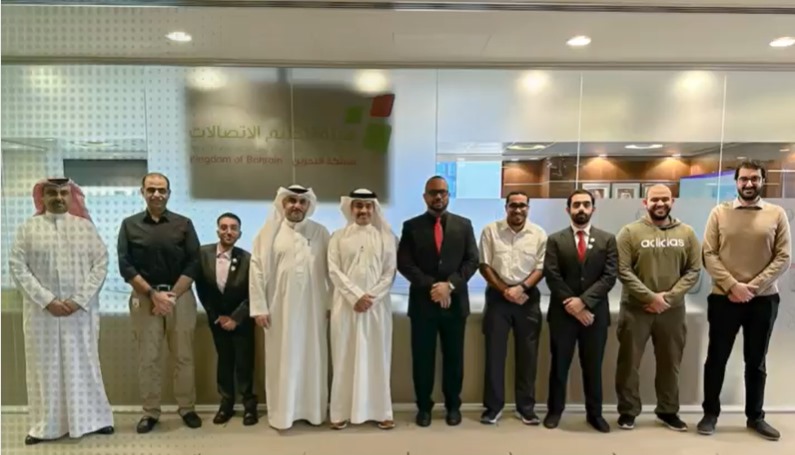By Sunny Awhefeada
The Urhobo Progress Union (UPU) was founded on the 3rd of November 1931 in Warri. This means that the UPU is ninety years old. At ninety, it is Nigeria’s oldest surviving socio-cultural organization. It was not Urhobo Progress Union in the beginning. It was Urhobo Brotherly Society. It was so called in order to reflect its mandate of fostering fellow feeling, brotherliness and unity among the Urhobo people. The name mutated into Urhobo Progress Union in 1935, and it has since remained so. Its motto at the beginning was “Higher Aims, Higher Thoughts”. It was changed to “Unity is Strength” in 1956.
The UPU was founded at a critical time when the Urhobo people needed direction and unity. By the 1930s when it was founded, the earliest echoes of the nationalist movement that stirred Nigeria to wakefulness in the struggle for independence had been heard. There were already intimations that the colonizers will one day leave and Nigerians will rule themselves. The question that assailed the Urhobo people was what will become of them in a new Nigeria at independence? More worrisome was the fact that the Urhobo were not united, barely educated and tucked away in the hinterland from the centre of where things were happening. These were issues that worried many Urhobo. It was in a bid to confront those challenges, and prepare the Urhobo for a new Nigeria, that the earliest tentative meetings were held especially at Okpara Waterside.
The founders of the Society namely; Chief Omorohwovo Okoro, Chief Mukoro Mowoe and Thomas Erukeme also became its President, Vice President and Secretary respectively. They envisaged what later became the UPU as a rallying point for the Urhobo people wherever they find themselves. This vision has largely been met. Today, the UPU is considered as “the umbrella socio-cultural organization of the Urhobo people worldwide” with branches all over Nigeria, Africa, America, Asia and Europe.
The UPU put the Urhobo people on the path of irredentism. Once founded, the founders embarked on a tour of different places where the Urhobo were found. Chief Mowoe was to become its President-General in 1937. Other leaders who evolved to join the trio of Okoro, Mowoe and Erukeme in running the affairs of the UPU included Chief Joseph Arebe Uyo, Chief Samuel Mariere, Chief Jabin Obahor, Chief John Okpodu, Chief T. E. A. Salubi, among others.
Besides promoting unity, the UPU also protected Urhobo culture and advanced the cause of western education.
Perhaps, one of the Union’s most significant and earliest achievements was in the sphere of western education. Pained by the absence of Urhobo in the colonial establishment and the evolving social cum political order of the 1930s and 1940s due to lack of access to secondary school education, the UPU challenged itself to set up a college that will cater for the education of Urhobo youth. The UPU levied its members and toured all its branches all over Nigeria to raise funds to found a college of its own.
While doing this, it took on another arduous task of sponsoring two overseas university scholarships for the future teachers of the envisaged college. The two beneficiaries of that scholarship were Macneil Gabriel Ejaife and Ezekiel Norucho Igho, who were also the first and second Urhobo university graduates respectively. While Ejaife graduated in 1948, Igho did so in 1950. Urhobo College which assuaged the education thirst of the Urhobo people was founded in 1948 while its first set of students resumed in Januaryb1949! What a glorious moment for the Urhobo people! It was the accomplishment of achoja, the realization of odavwe and a triumph over adversity!
The UPU had in 1946 and 1947 rallied the Urhobo people to ensure that Mowoe won the first election to represent the Warri Province (then made up of Ijaw, Isoko, Itsekiri, Ukwuani and Urhobo) in the Western Region House of Assembly in Ibadan. After Mowoe’s painful death in August 1948, the Urhobo again ensured the emergence of Chief Jessa Ogboru as his replacement in the Western Region House of Assembly. What became the Urhobo anthem was actually first rendered in honour of Jessa Ogboru as “Urhobo orere Ijessa…” in 1949.
At independence, the UPU uniquely maintained its apolitical complexion even though some of its principal movers were politicians in the AG, NCNC, MDF, etc. While they met to discuss Urhobo advancement, they never brought the UPU near the murky waters of politics.
It was for this reason that the UPU was spared the military sledgehammer in January 1966 when the Major General J. T. U. Aguiyi-Ironsi’s regime banned all other socio-cultural organizations alongside political parties, except the UPU!
The UPU went on to earn many achievements in the pursuit of Urhobo greatness. It was hugely successful in reintegrating what would have been Urhobo lost territories. Clans like Orogun, Abraka, Oghara, Jesse and others that were erroneously classified into Aboh and Benin Divisions were reclaimed and reintegrated. The UPU supported the struggle to reclaim Urhobo territories in Sapele, Ajagbodudu, Okere, Agbassa among others. It strongly supported the institution of the Orodje of Okpe in the 1946.
Although conceived and considered as apolitical, the UPU has had cause in later years to intervene in politics when it mattered. It did mobilize the Urhobo people during voters’ registration and census exercises. It has also attempted tackling the problem of insecurity in Urhoboland to varying degrees of success. It rallied support against killer-herdsmen who invaded Urhobo communities.
The UPU has also been able to build monuments in deference to Urhobo progress, history and culture; the Urhobo Cultural Center on Okere Road, the Urhobo House at Uvwiamuge-Agbarho as well as the about to be unveiled Okugbe Micro-Finance Bank rank high among the many achievements of the UPU.
It is true that the UPU has not been insulated from crisis. No human organization is. It is to the credit of the UPU that it has always got up, dusted itself and moved on whenever it stumbled. For this, it has been able to unite the Urhobo people at home and in the Diaspora. The UPU has become a revered organization with a global presence having registered itself in more than thirty countries in every continent of the world.
The beauty of the foregoing is the validation of the Urhobo culture, identity and personality. The Urhobo greetings “miguo” and “wado” have taken on a global resonance. Urhobo music and dance have become acclaimed for their kinetic aesthetic and inspiration. Urhobo traditional dressing is also attracting global attention. The same can be said of Urhobo cuisine especially amiedi popularly called banga soup which has become a universal brand.
The UPU has also made its position known on national issues. It has consistently presented memoranda at National Conferences to give voice to Urhobo aspirations. It took a stand for restructuring, federalism and resource control.
Besides, Chiefs Omorohwovo Okoro(1931-1935) and Mukoro Mowoe (1937-1948), others who had been President-General of the UPU are Chiefs John Okpodu(1950-1957), Jabin Obahor(1957-1961), T. E. A. Salubi(1961-1983), Dr. Fred Esiri,(1983-1998) Chief James Edewor(1998), Major General David Ejoor(1998-1999), Chief Benjamin Okumagba(1999-2007), Chief Felix Ibru(2007-2010), Major General Patrick Aziza(2010-2014) and Chief Joe Omene(2014-2017). The incumbent President-General is Chief Moses Taiga.
As the UPU celebrates ninety, it is doing so with cautious optimism in view of the not so savoury experience of the Urhobo people in Nigeria. With a population of over five million, the Urhobo people are more populous than some sixty member states of the United Nations. That population also makes it the fifth largest ethnic nationality in Nigeria. Urhoboland also holds the best quality of crude oil in the world and Africa’s largest gas reserve. The Urhobo people have given so much to Nigeria. Urhobo sons gallantly fought for the unity of Nigeria during the civil war of 1967-1970. Urhobo sons and daughters have also contributed to the making of Nigeria in different fields of human endeavours. But, the Urhobo people have not received a fair deal from successive Nigerian governments. Nigeria is in turmoil and the Urhobo cannot be isolated from the upheavals assailing the country.
These are among the issues that the Urhobo people will have to think and talk about as they celebrate the UPU at ninety and sing “Urhobo eee orere ivie san…..”





